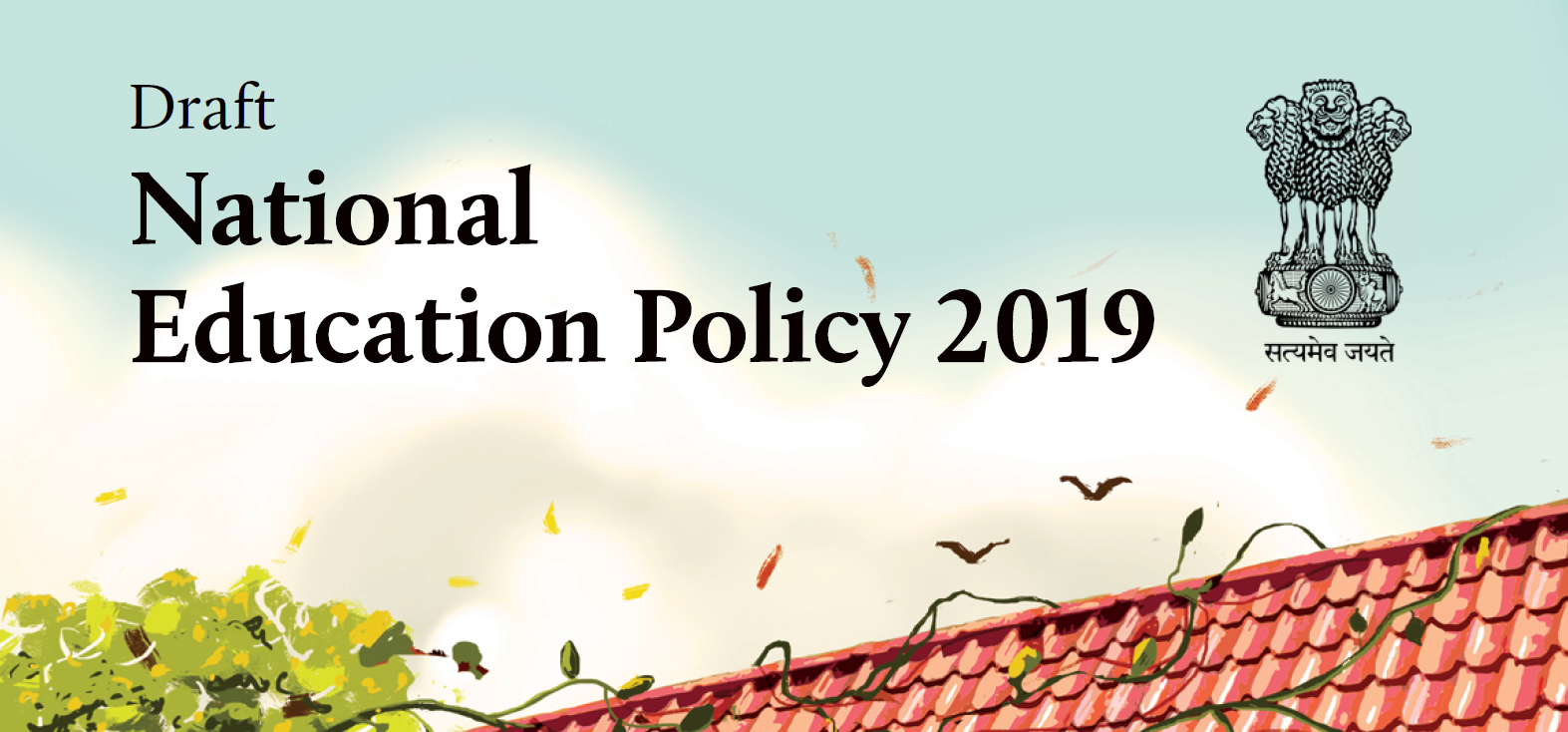Draft NEP 2019: Say No to Hypocrisy of Philanthropy in Education
Merely speaking about philanthropic educational institutes is not sufficient, it's also essential to make a suitable system to identify and control profit-oriented educational institutions. The permission should also be granted to open profit-oriented/commercial/corporate/private educational institutions and it should be truthfully presented in the society. There should be no scope for hypocrisy.Therefore, the parents could take an informed decision on whether they want to admit their wards in philanthropic institutes or corporate institutes.

- Country:
- India
Draft National Education Policy (NEP) 2019 has made several provisions to ensure facilities for philanthropic institutions but as the education is now considered the most profitable sector for investment, the educational institutions registered as philanthropic institutions on paper are run on the pattern of the corporate sector. This culture of corporate style schools is not limited to metros of India but swiftly penetrating in smaller cities, villages and tribal areas as well.
Which is a philanthropic school? Which is a philanthropic college or university? It is not very clear. Though in its 484-page document, the Draft NEP 2019 has covered several topics the term philanthropic education is not defined in legal terms. The term has, however, been used several times in the policy.
Merely speaking about philanthropic educational institutes is not sufficient, it’s also essential to make a suitable system to identify and control profit-oriented educational institutions. The permission should also be granted to open profit-oriented/commercial/corporate/private educational institutions and it should be truthfully presented in the society. There should be no scope for hypocrisy. Therefore, the parents could take an informed decision on whether they want to admit their wards in philanthropic institutes or corporate institutes.
In reference to various provisions related to recommendations under A1.2.6. and A1.3.3. on philanthropic schools/educational institutions/universities, the classification between philanthropic and private is blurred. This is due to this complete lack of clarity, the private educational institutions are registered as philanthropic as education society/trust but later on fully engage in profiteering and business. It is desirable to clearly define the ‘Philanthropic Educational Institution’ under recommendation A1.2.6. and remove the word ‘private’ from all the provisions related to philanthropic institutions.
This is not a hidden fact that all the private schools in India are profit-oriented. Some of them are running on the pattern of corporate houses and have chains of hundreds and thousands of schools in the country across the states while some also have international branches. The head-offices and regional offices of these schools are less than the corporate offices of Multi-National Companies (MNCs). In light of the above observations, it is suggested that the recommendation P8.3.9. must be strengthened to regulate corporate style schools with the same philosophy corporate sector is regulated. These corporate style schools must not be allowed to earn profits like the corporate sector and hide behind veils of philanthropy when it comes to responsibility.
Furthermore, the corporate sector is also engaged in various kinds of research activities and have the potential to deliver good quality academic research as well. This potential of the corporate sectors should also be synergized in improving academic research in the country by giving opportunities to researchers of the corporate sector to get funds from National Research Foundation (NRF) for their research proposals. In reference to the recommendation P10.10, it is suggested to add the word ‘corporate sector’ last line of this provision. The changed provision will be read as ‘The private HEIs and researches from the corporate sectors will have equal access to NRF funding for research support as public institutions”.
(For more stories, views and opinions on the Draft NEP 2019, please visit LIVE DISCOURSE)
(Siddheshwar Shukla is Associate Editor, Devdiscourse.com)
(Disclaimer: The opinions expressed are the personal views of the author. The facts and opinions appearing in the article do not reflect the views of Devdiscourse and Devdiscourse does not claim any responsibility for the same.)
- FIRST PUBLISHED IN:
- Devdiscourse










